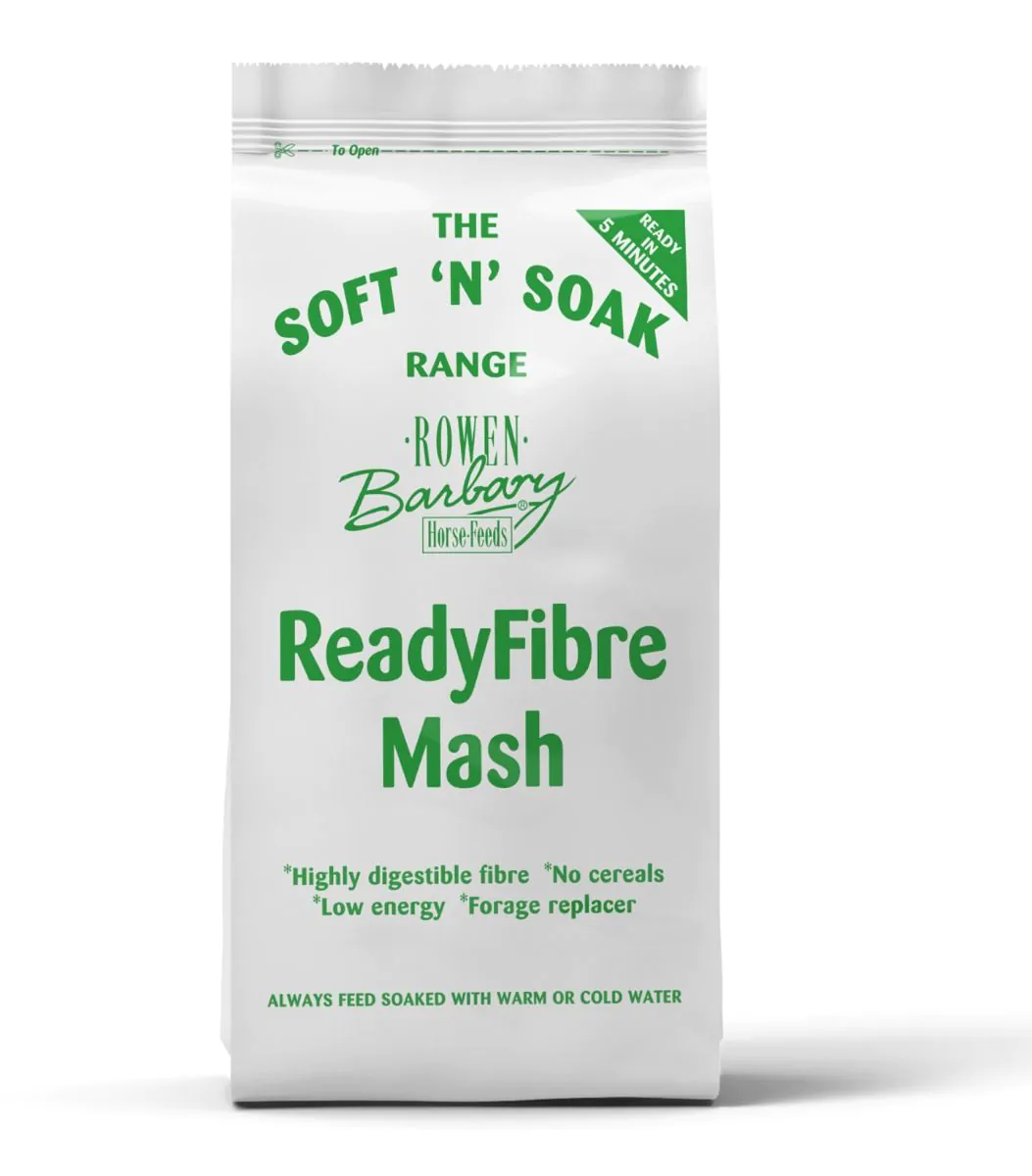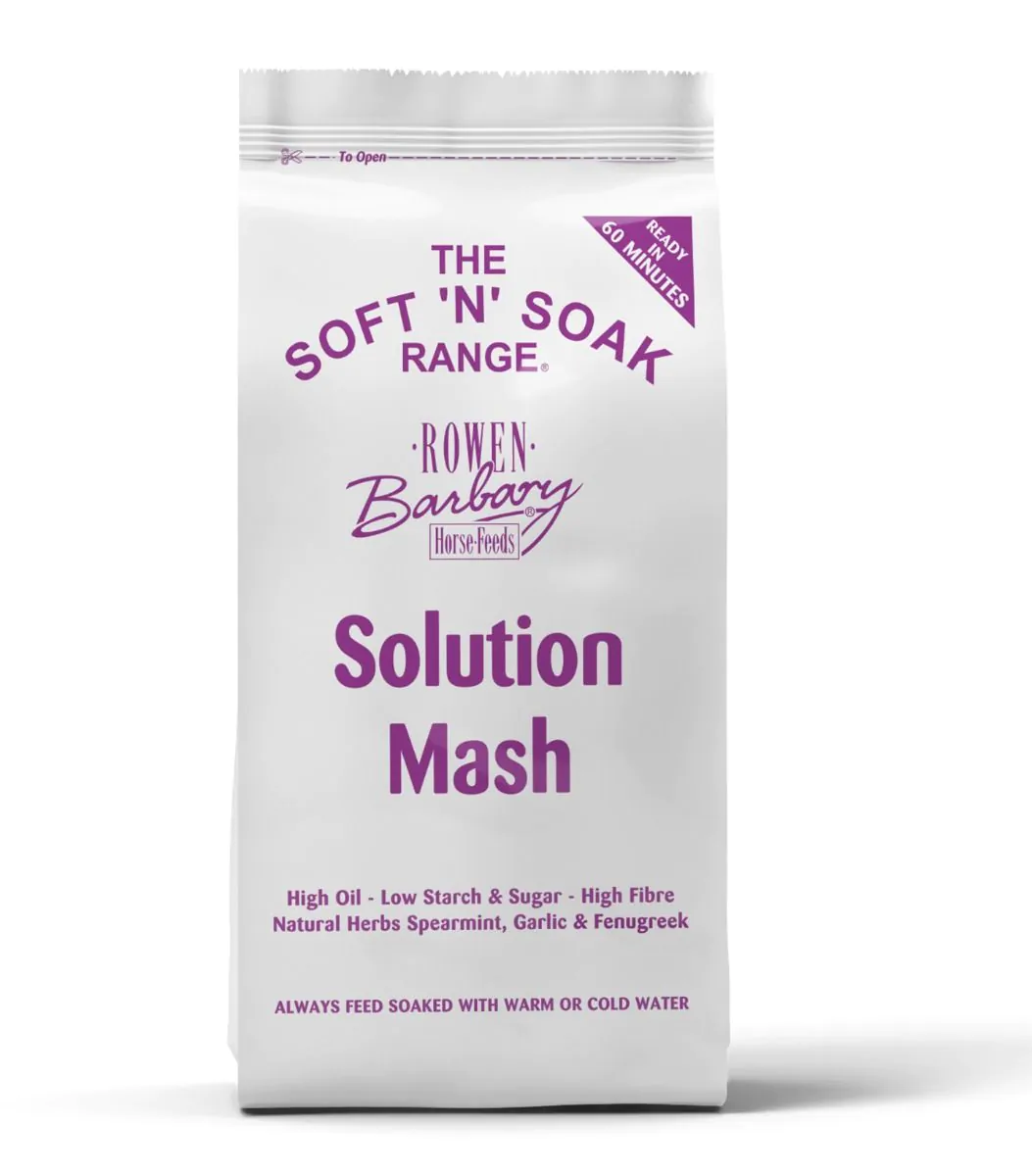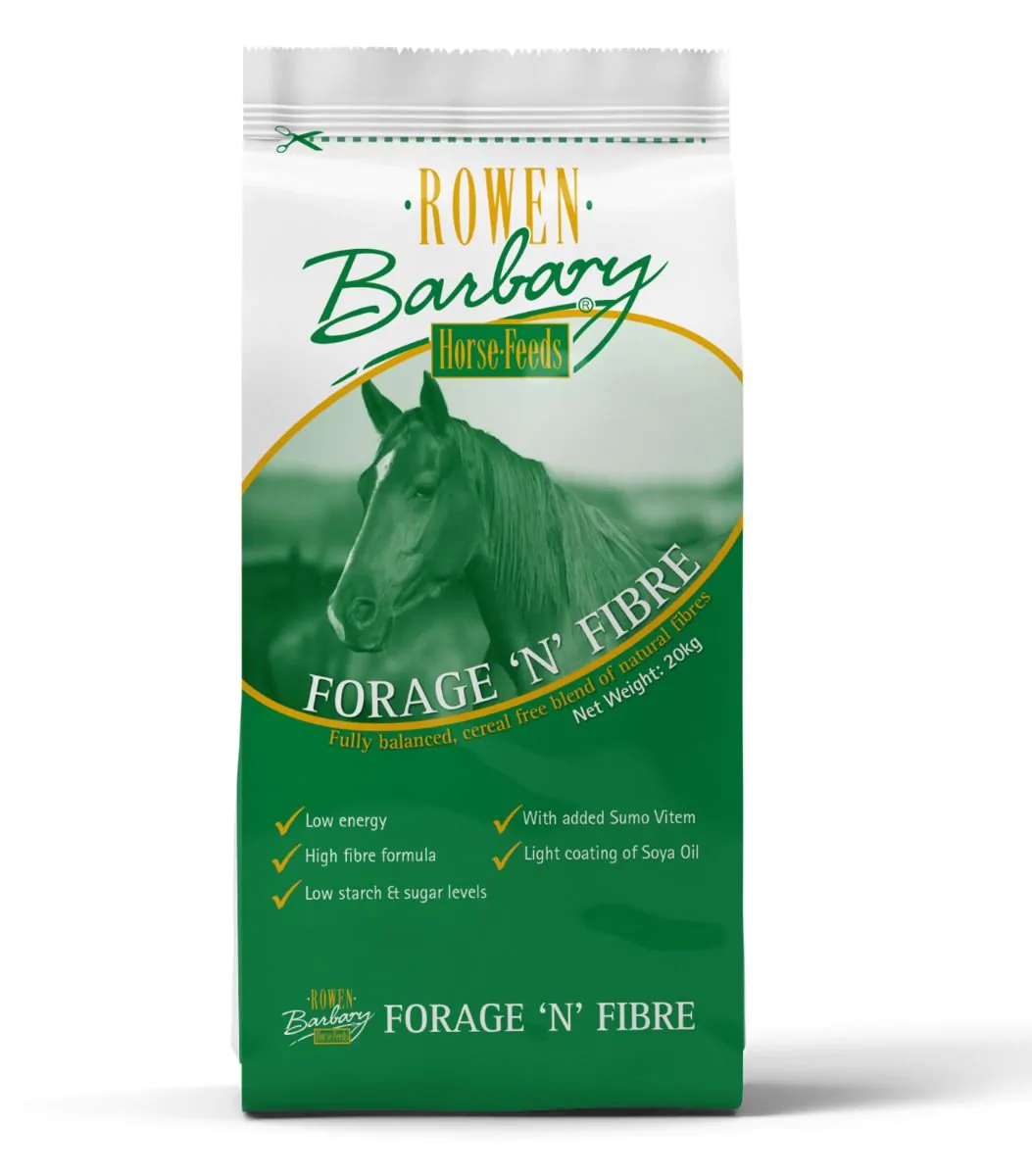- 3rd September 2021 by Rowen Barbary
Box Rest...
Box rest… the dreaded words for every horse owner and rider. Many challenges arise for both the horse and owner during the box rest period. Most often there is no time to prepare for the immediate effect of confinement. Dietary requirements for your horse will change, will have an impact on how your horse manages the time in their stable and their body’s recovery.
Rest
Rest means a decrease in activity levels resulting in a dietary change to reduce the calories consumed. When reducing a feed down to maintenance levels it is important to ensure the fibre levels increase to support digestive function and health. The concentrates will need to be reduced so the horse does not gain weight but also so their energy levels are not excessive.
Fibre
Horses naturally graze between 10 – 17 hours a day split into up to 20 bursts of grazing among other behaviours. The bursts throughout the turnout period allow horses to trickle feed meaning there is always fibre in the stomach. When a horse is on box rest often they are not allowed to be turned out resulting in owners feeding adlib hay and haylage however there are alternative fibre sources to maintain their digestive health and function.
Hay and Haylage will increase when a horse is on box rest to ensure they are receiving their daily fibre requirement due to the inability to graze. Stabled horses are more prone are more prone to colic and stereotypic behaviours, which is why it is important to supply more fibre and a variety of forages. As your horse will be consuming more hay/haylage, ensure your horse has access to clean, fresh water at all times as grass can have a very high moisture content and moving across to hay/haylage their water intake will decrease, resulting in the horse drinking more water. Some horses may not drink enough and therefore require a mash to help improve water intake as the ‘super fibres’ have an excellent water holding capacity. Other horses may prefer flavoured water, most people recommend a small amount of apple juice diluted in water. If you have flavoured your water ensure you have a fresh bucket of non-flavoured water also accessible.
Alternative fibre sources can be Beet pulp and Soya hulls which are more digestible than traditional fibre sources. Rowen Barbary have manufactured a hay replacer called Ready Fibre Mash with its main ingredients being Soya Hull pellets. This can be soaked and given like a haynet or soaked and put into a bucket for your horse to trickle feed from, throughout the day without any additional calories.
For good doers on box rest, supplying adlib fibre all day may be too much for those prone to weight gain or laminitis. Therefore soaking hay can reduce the calorie content but still ensure your horse is receiving fibre. Other methods can be using small-holed haynet or doubling up on haynets to slow the intake and make the forage last longer. Most good doers can be maintained on a fibre only diet, however may require a balancer.
Poor doers or those that require medication on box rest will require ad lib fibre sources but also may require a small feed to keep the calories up to maintain overall body condition or help with the intake of their medication.
Concentrates
Concentrates feeds that are high in cereals should be reduced as the cereals result in higher starch levels which can cause excitable behaviours which is not wanted during box rest. A low energy, high fibre feed that is cereal free is naturally lower in starch and sugar which is more suited to horses during maintenance periods. Rowen Barbary’s Forage ‘n’ fibre contains a variety of forages to make up a low energy high fibre feed. It is fully balanced, cereal free and low in starch and sugar.
If you have a poor doer that requires a more calorific feed but you don’t want the excitability from a high starch conditioning feed, look for a high fibre, high oil feed. The oil is very energy dense but provides slow release energy. Rowen Barbary’s Solution Mash is suitable for horses prone to excitability, that are poor doers or sensitive to starch as it is cereal and molasses free. Solution Mash is high inf fibre and oil and fully balanced.
Behaviour
Box rest can lead to stereotypic behaviours due to the horse or pony’s inability to behave naturally. Therefore encouraging certain behaviours such as trickle-feeding, foraging socialisation and moving around the stable (depending on the injury) can help psychologically and physiologically. Activities such as veg attached to a string or a treat ball encourage movement and keeps them occupied with healthy treats. The movement will help to avoid impactions, gas colic and reduce fluid build-up in the legs.
Other things to keep your horse entertained can be a companion or multiple companions that can be alternated so If a horse needs to be ridden or turned out another one can be brought in to keep the horse or pony on box rest company and encourage socialisation as horses are herd animals. If you don’t have access to companions some enjoy their own company with a mirror or just listening to the radio in the background.
Take time to give your horse attention, the time you would usually be spending riding, you can spend time giving them a massage and grooming. Not only will this help to keep your horses coat looking its best but it will also promote blood circulation.
Other variables to consider
With your horse being in the stable day in day out, try to avoid dusty bedding or forage as this will reduce aggravating your horses respiratory system. A well ventilated stable can help reduce the spores and urea being present in the stable. All horses are different even though they are herd animals and enjoy company of others some horses do not appreciate an excitable horse as a companion as it may only cause them distress.
 Eleanor Blinkhorn (Bsc) | Equine Nutritionist
Eleanor Blinkhorn (Bsc) | Equine Nutritionist
 Eleanor Blinkhorn (Bsc) | Equine Nutritionist
Eleanor Blinkhorn (Bsc) | Equine Nutritionist 
About Rowen Barbary
All manufacturing at Rowen Barbary is carried out in a state of the art mill located in the heart of the Shropshire countryside. We use only the highest quality ingredients sourced, where possible, from local farms before they are blended by our dedicated team in our UFAS audited mill.
Rowen Barbary also conforms to BETA NOPS guidelines with raw materials & finished feeds regularly laboratory tested to ensure that every bag of feed continues to meet not only ours, but also your high standards.
We Recommend...




